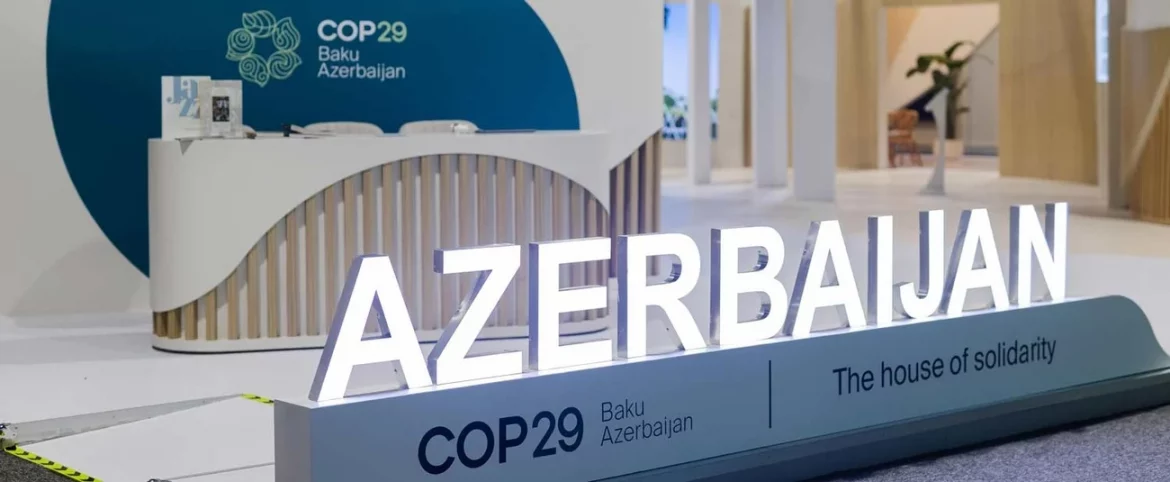At COP29, The African Development Bank will be looking to to mobilize additional resources for climate action in Africa and launch a bold new approach to assessing African economies by including their “green wealth at this year’s climate summit in Baku, Azerbaijan.
The world’s largest annual climate conference opened on Monday, with African nations ramping up efforts to tackle climate change. Organized by the United Nations Framework Convention on Climate Change Secretariat, COP29 follows last year’s landmark decision at COP28 to establish a Loss and Damage Fund. This year’s summit, dubbed the “Finance COP,” will see countries negotiate fresh climate finance targets.
Africa, with its vast carbon-sequestering forests and resources ripe for green growth, holds massive potential to drive clean energy access for millions. Yet, sub-Saharan Africa receives less than 3% of global climate finance, hindering efforts to advance National Adaptation Plans and Nationally Determined Contributions under the Paris Agreement.
“There is no reason why Africa should be greenly poor. Africa should be greenly wealthy by proper valuation of its vast contributions to global environmental services,” African Development Bank Group President Akinwumi Adesina said during a meeting of African Ministers of finance, economy, foreign affairs, climate change, and environment in the run-up to COP29.
Read also: Cop29 CEO captured agreeing to facilitate fossil fuel deals at climate summit
To achieve this green wealth, Adesina is advocating for recalibrating the GDP of African countries to reflect natural assets like forests and carbon sinks. This recalibration could reveal a significantly higher GDP, better reflecting Africa’s environmental contributions.
The upcoming COP29 summit will provide a platform for African leaders to introduce “Measuring the Green Wealth of Africa,” an initiative that could redefine African economies.
According to the African Development Bank’s preliminary estimates, adjusting for carbon sequestration alone could have boosted Africa’s nominal GDP in 2022 by $66.1 billion—a 2.2% increase. Six Congo Basin countries (Cameroon, Central African Republic, Democratic Republic of Congo, Republic of Congo, Equatorial Guinea, and Gabon) accounted for nearly 64% of this increase.
“That means that the countries can have larger headroom to take on more financing and invest them for the greening of their economies. Therefore, Such a move is important for re-computing Africa’s debt sustainability,” Adesina said.
During the meeting, participating nations voiced their strong backing. The Republic of Congo and Kenya are the lead champions for the initiative.
Adesina called for the outcome of the heads of state summit at COP to be presented before the African Union Summit next year.
Story was adapted from the AFDB.
